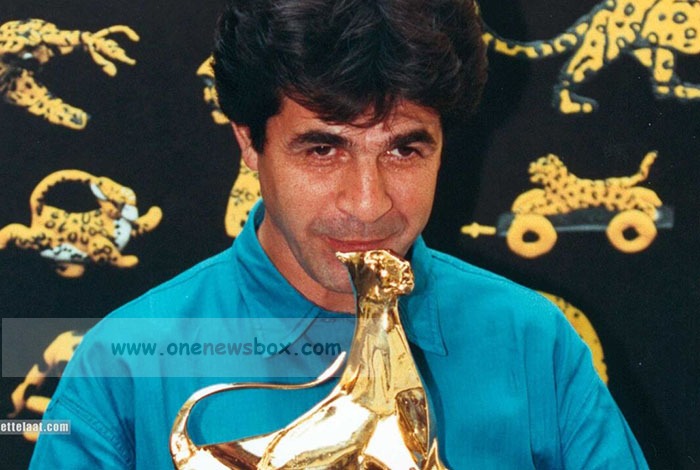Continued Resistance and Later Works
Panahi’s persistence became a defining element of his identity. In 2018, he released Three Faces, a poignant exploration of tradition, generational divides, and gender roles in rural Iran. The film, which won Best Screenplay at Cannes, showcased his ability to circumvent government restrictions and still create meaningful art. In 2022, he made No Bears, a film-within-a-film that reflects on the dangers of representation and the moral responsibilities of the artist. The title alludes to the superstitions and fears that inhibit freedom and courage.
Despite his ongoing legal troubles and periodic detentions, Panahi remained in Iran and continued making films. In 2022, he was imprisoned again after inquiring about the arrest of fellow filmmakers Mohammad Rasoulof and Mostafa Aleahmad. However, following international outcry, he was released on bail in 2023.
In 2025, Panahi achieved what many considered impossible under his circumstances: A Simple Accident won the Palme d’Or at Cannes. The film, a tragic and lyrical depiction of loss, fate, and personal accountability, solidified his position as one of the world’s most important living filmmakers.
Personal Life and Legacy
Jafar Panahi is married to Tahereh Saeedi, whom he met while both were university students—she was studying nursing. Together, they have two children. Their son, Panah Panahi, has followed in his father’s footsteps and become a filmmaker. His debut feature, Hit the Road (2021), received critical acclaim and was seen as a powerful continuation of the family’s artistic legacy. Their daughter, Solmaz, studied theater in Tehran, further establishing the Panahi family’s deep involvement in Iran’s cultural scene.
Despite decades of surveillance, imprisonment, and professional bans, Panahi has never left Iran. His decision to stay—risking his safety to bear witness and continue creating—has made him an emblem of resilience. He has received numerous honors and honorary degrees from around the world, and film scholars often cite his work in discussions of ethical cinema, human rights, and transnational art.

